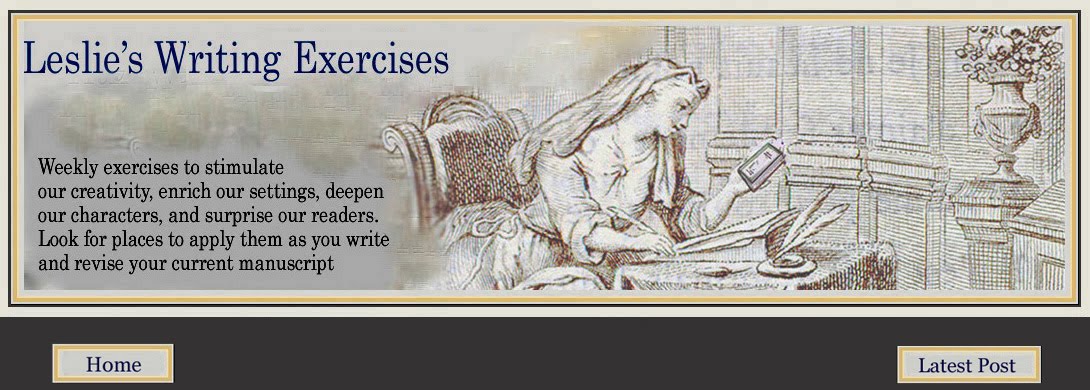Hmm. What to do with that old story you gave up on a few years back? The one you nurtured and fell in love with, back when you first started taking yourself seriously as a writer? You remember the one. Maybe it’s in the far corner of some dark drawer now, still folded inside the sad-looking SASE that ferried it back home from that small-press literary journal you submitted it to.
Well, pull it out of the drawer. I've got something for you.
I was perusing the blogosphere a few weeks ago, looking for some much needed inspiration, when I came across an article titled “5 Ways To Shake Up Your Writing” by Sandy Ackers, professional writer and “muse wrangler.” One of her suggestions is to take an old story and rewrite it from a brand new perspective. For instance, if your protagonist is a man, rewrite his character as a woman. Say he’s a troubled teenager... maybe rewrite him as a troubled fifty-five year old going through a rocky midlife crisis.
Ackers even suggests changing the story’s genre to shake things up: “Rewrite a literary passage as a pivotal scene in a mystery. Change your crime scene into a romantic segment. Get creative!”
Ackers’ blog, “Strangling My Muse,” explores “how to stay creative through easy periods of fertile inspiration" as well as "dark times, when work is overwhelming and life keeps throwing curve balls and everyone is always cranky.” If you need a little inspiration of your own you might want to pop over and spend some time there. Her site is full of useful articles, unique exercises, and lots of lists and links--guaranteed to keep you enthralled and writing, your creative juices bubbling steadily to the surface.
Sandy Ackers: Strangling My Muse
John Dufresne: The Lie That Tells A Truth, p. 152








